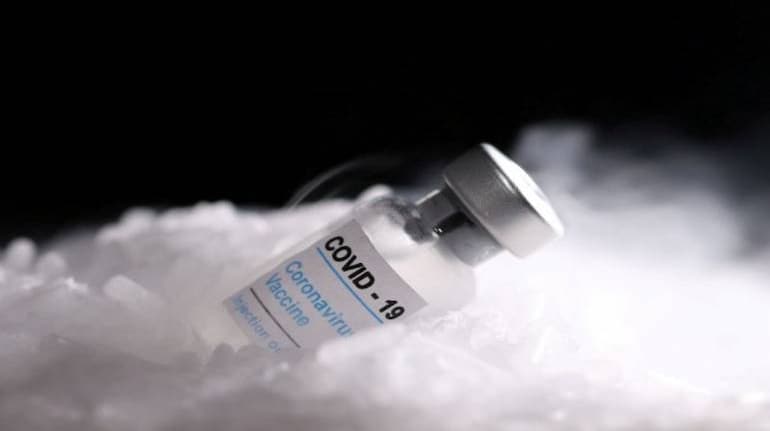



Biolyse Pharma, a Canadian manufacturer of sterile injectable medicines, has sought licence from Johnson & Johnson (J&J) to manufacture its COVID-19 vaccine.
In fact, Biolyse has warned that it may invoke the compulsory licensing provision in Canada to manufacture and export the vaccine, if J&J doesn’t grant a manufacturing licence.
“Biolyse is eager to work alongside J&J in order to domestically manufacture the vaccine and distribute it globally,” said Biolyse in its licence request to J&J on March 5.
On the other hand, if J&J is unwilling, Biolyse said it may use the Canadian Access to Medicines Regime (CAMR) to apply to the Canadian Commissioner of Patents for authorisation to manufacture and export the vaccine to a developing country that is unable to manufacture sufficiently on its own.
Biolyse said it is hoping to work with J&J and the Canadian government for a swift licence transfer.
CAMR is the Canadian enabling legislation that reflects the Agreement on
Trade-Related Aspects of Intellectual Property Rights (TRIPS), a protocol
between all member-nations of the World Trade Organisation.
Under CAMR, there is an emergency provision for the federal government to waive patent rights, allowing other generic-producing companies to start expedited production of critical preventive or curative drugs. Canada, therefore, has a mechanism in place to allow drug companies to go for a compulsory licence from a patent holder.
Biolyse has the potential to produce up to 20 million doses per year. In order to do so, the company will need access to the drug master file of an already approved vaccine, which is generally patent-protected. The CAMR relating to emergency-patent transfer may permit the company to achieve its objective.
India implication
The Biolyse Pharma decision may make other pharma companies in India and elsewhere to take notice.
Indian Intellectual Property (IP) laws have a provision to issue compulsory licence, under which it can permit generic manufacturers to develop and market an affordable generic version if a patented innovation is not available for reasonable requirements of the public, or the price is too high or the patented innovation is not worked out in the territory of India.
The Indian Patent Office issued the first Compulsory license (CL) to Natco Pharma for Nexavar - sorafenib tosylate, in 2012. This drew a sharp reaction. While the rich countries and big pharmaceutical companies opposed the licence on grounds that it stifles innovation, many developing countries and generic companies have supported the Indian government decision to allow access to life-saving medicine.
Under pressure, India hasn't granted another compulsory licence, thereafter.
India and South Africa, in December, have called for the World Trade Organization (WTO) to suspend IP rights related to COVID-19 to ensure that not just the wealthiest countries have access to and afford the vaccines, medicines, and other new technologies needed to control the pandemic.
The pharmaceutical industry and many high-income countries (HICs) have staunchly opposed the move.
An executive of a large generic pharmaceutical company, who didn't want to named, told Moneycontrol that companies like Gilead and AstraZeneca have shown big hearts by partnering with generic companies to provide access to COVID therapeutics and vaccines to millions of people in low and middle income countries. On the contrary, some other companies have just remained fixated on margins and profits, despite the pandemic.
"There is no need for compulsory licensing if companies understand the urgency of the situation," the executive added.
"Biolyse has made an offer to J&J that should not be rejected," said James Love, Executive Director of the US- based Knowledge Ecology International, a non-governmental organisation that deals with issues related to the effects of intellectual property on public health, cyber law, e-commerce, and competition policy.
"We are in the middle of a pandemic that has impacted everyone everywhere. Governments have funded the development of vaccines, such as the one that J&J is manufacturing, but access remains a challenge, particularly in developing countries," he said.
Discover the latest Business News, Sensex, and Nifty updates. Obtain Personal Finance insights, tax queries, and expert opinions on Moneycontrol or download the Moneycontrol App to stay updated!
Find the best of Al News in one place, specially curated for you every weekend.
Stay on top of the latest tech trends and biggest startup news.